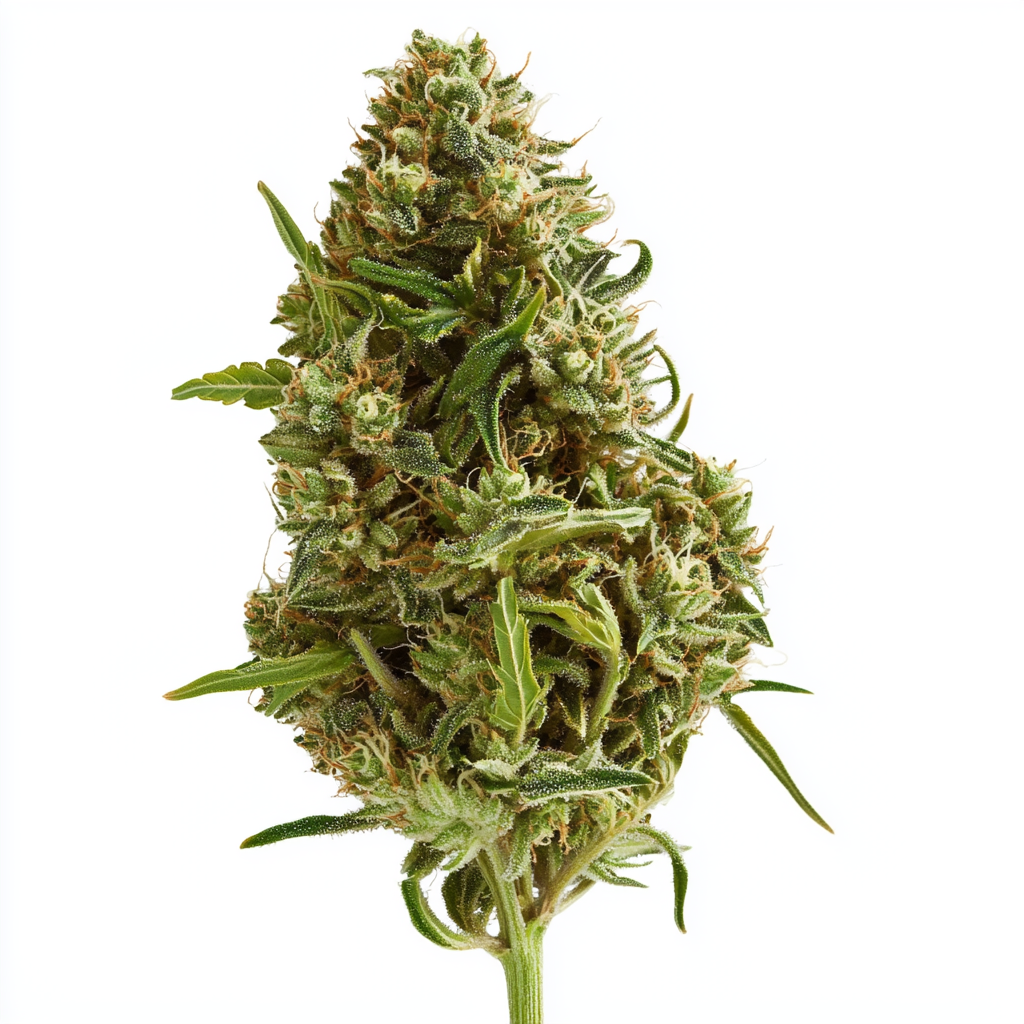THCa Flowers vs. THC: Key Differences
The cannabis industry has seen a surge in interest and research, leading to a deeper understanding of its various compounds. Among these, THCa and THC stand out due to their unique properties and effects. This article explores the differences between THCa flowers and THC, providing insights into their chemical structures, effects, and potential benefits.
Understanding THCa and THC
THCa, or tetrahydrocannabinolic acid, is a non-psychoactive cannabinoid found in raw cannabis plants. It is the precursor to THC, the compound responsible for the psychoactive effects associated with cannabis use. When cannabis is heated through smoking, vaping, or cooking, THCa undergoes decarboxylation, converting into THC.
Chemical Structure and Properties
The primary difference between THCa and THC lies in their chemical structures. THCa has an extra carboxyl group, making it an acid. This additional group prevents THCa from binding effectively to the CB1 receptors in the brain, which is why it does not produce psychoactive effects. THC, lacking this group, binds efficiently to these receptors, leading to the characteristic high.
Effects and Benefits
THCa is gaining attention for its potential therapeutic benefits without the psychoactive effects. Some of the reported benefits include:
- Anti-inflammatory properties
- Neuroprotective effects
- Anti-emetic (anti-nausea) properties
- Potential anti-cancer properties
THC, on the other hand, is well-known for its psychoactive effects, which can include euphoria, relaxation, and altered sensory perception. It is also used for its medicinal properties, such as pain relief, appetite stimulation, and reduction of nausea.
Consumption Methods
The way cannabis is consumed can significantly impact the presence and effects of THCa and THC. Here are some common methods:
Raw Consumption
Consuming raw cannabis, such as in smoothies or salads, preserves THCa. This method is favored by those seeking the potential health benefits of THCa without the psychoactive effects of THC.
Smoking and Vaping
These methods involve heating cannabis, which converts THCa into THC. This is the most common way to experience the psychoactive effects of cannabis.
Edibles
Edibles are made by infusing cannabis into food products. The cooking process typically involves heat, converting THCa to THC, resulting in psychoactive effects when consumed.
Legal Considerations
The legal status of THCa and THC varies widely across different regions. In many places, THC is regulated due to its psychoactive properties, while THCa may not be subject to the same restrictions. This distinction can impact the availability and use of THCa products.
Case Study: Legal Status in the United States
In the United States, the legal landscape for cannabis is complex. Some states have legalized both medical and recreational cannabis, allowing for the sale and consumption of THC products. In contrast, other states only permit the use of non-psychoactive cannabinoids like THCa for medical purposes.
Market Trends and Consumer Preferences
The cannabis market is evolving, with consumers showing interest in both THCa and THC products. This shift is driven by a growing awareness of the distinct benefits each compound offers.
THCa Products
Products containing THCa are becoming more popular among health-conscious consumers. These include raw cannabis juices, tinctures, and capsules designed to deliver the benefits of THCa without psychoactive effects.
THC Products
THC remains a dominant force in the market, with a wide range of products available, from traditional flower and concentrates to edibles and topicals. The demand for THC products is fueled by both recreational users and those seeking its medicinal benefits.
Scientific Research and Future Directions
Research into THCa and THC continues to expand, with scientists exploring their potential applications in medicine and wellness. Studies are investigating the anti-inflammatory and neuroprotective properties of THCa, while THC research focuses on its efficacy in pain management and mental health treatment.
As the understanding of these compounds grows, new products and consumption methods are likely to emerge, offering consumers more options tailored to their needs and preferences.
Conclusion
THCa and THC are distinct compounds with unique properties and effects. While THCa offers potential health benefits without psychoactivity, THC is known for its psychoactive effects and therapeutic applications. The choice between THCa and THC depends on individual preferences and desired outcomes. As research progresses, the cannabis industry will continue to innovate, providing consumers with a diverse array of products to explore.
